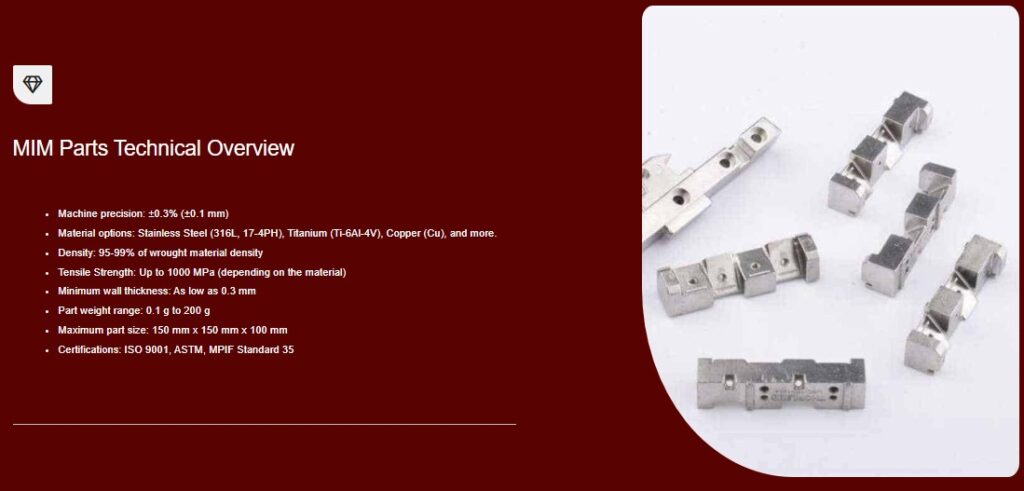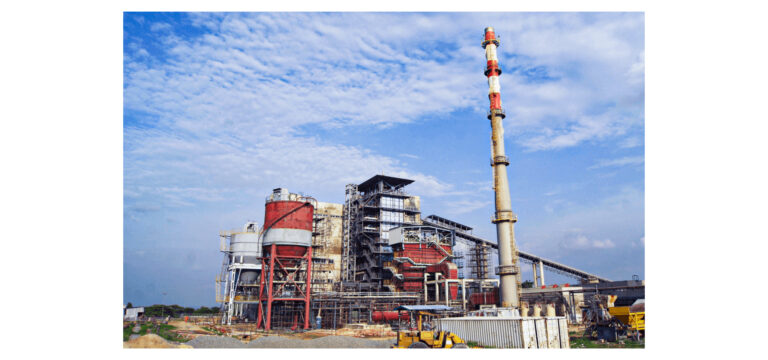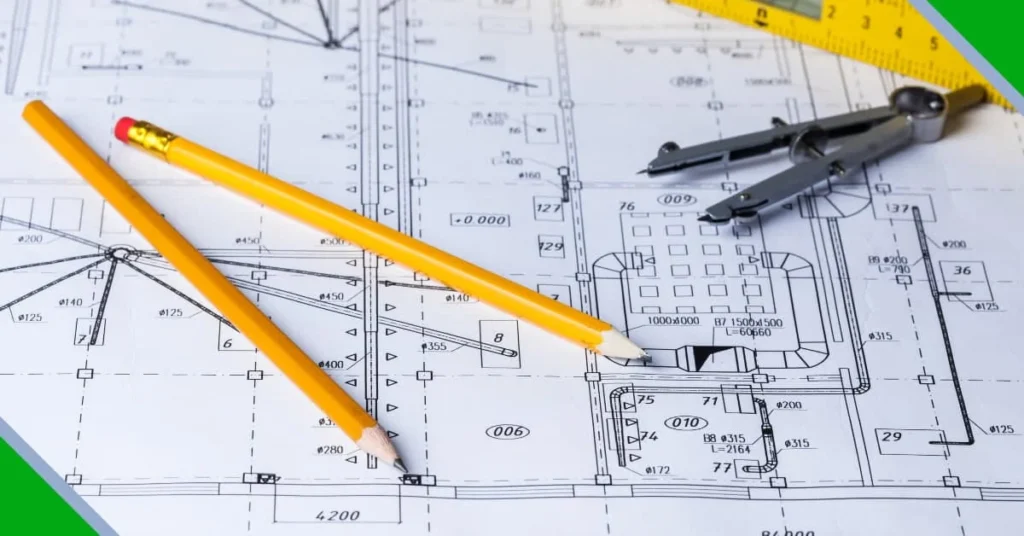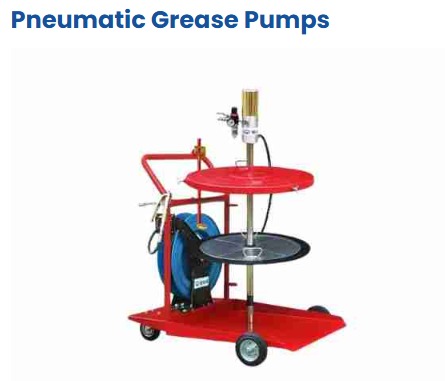Whether you’re a homeowner trying to keep energy bills low or just curious about how your comfort system works, understanding the inner workings of your HVAC setup can save time, money, and frustration. Today, we’re tackling three frequently asked—and often misunderstood—questions about HVAC systems. Let’s dive in.
1. Can an AC Compressor Be Repaired?
Short answer: Technically, no.
The compressor is the heart of your air conditioning system—it pumps refrigerant through the system and maintains the pressure necessary for heat exchange. But when it fails, many homeowners wonder: “Can I just repair it?”
The reality is that compressors are sealed components, meaning they aren’t designed for internal repairs. While some external components (like wiring, capacitors, or the clutch in a heat pump) can sometimes be fixed or replaced, the compressor itself can’t be opened up and rebuilt in a cost-effective or reliable way.
Instead, if an AC compressor fails, you’re looking at replacement, not repair. And because the compressor is so integral to the system, a failure often raises the bigger question: should you replace just the compressor—or the entire system? Factors like system age, refrigerant type, and labor cost can tip the scales toward replacing the full unit for better long-term performance.
2. Why Is My AC Blowing Warm Air?
If your air conditioner is blowing warm air, it usually signals a refrigerant or airflow issue, but the problem can stem from multiple sources. Here are some likely culprits:
- Refrigerant Leak: Low refrigerant means the system can’t absorb heat properly.
- Dirty Evaporator Coil or Air Filter: If airflow is restricted, the cooling cycle is disrupted.
- Thermostat Settings: It sounds simple, but a fan-only setting (instead of cooling mode) can cause confusion.
- Electrical or Control Board Issues: If the outside unit isn’t kicking on, the indoor fan may still run—circulating air, but not cooling it.
An HVAC technician can quickly diagnose whether you’re dealing with a quick fix or a more complex issue.
3. Is It Worth Upgrading to a Smart Thermostat?
In most cases—yes. Smart thermostats are more than just a trendy gadget; they can provide real savings and improve comfort.
Here’s why:
- Learning Capabilities: Some models learn your schedule and adjust temperatures automatically.
- Remote Access: Control your system from your phone, even when you’re away.
- Energy Reporting: See real-time usage and adjust accordingly.
- Compatibility with Home Automation: Integrate with Alexa, Google Home, or IFTTT systems.
Smart thermostats can help reduce energy usage by up to 10-12% on heating and 15% on cooling annually, according to some manufacturers and independent studies. Just make sure your HVAC system is compatible, especially if it’s older or uses multi-stage or variable-speed equipment.
Final Thought:
HVAC systems are one of the biggest investments in your home, and understanding how they work gives you power as a homeowner. Whether you’re dealing with a failing compressor or just curious about upgrading your system’s brains, knowing what’s behind the vents can lead to smarter decisions.




